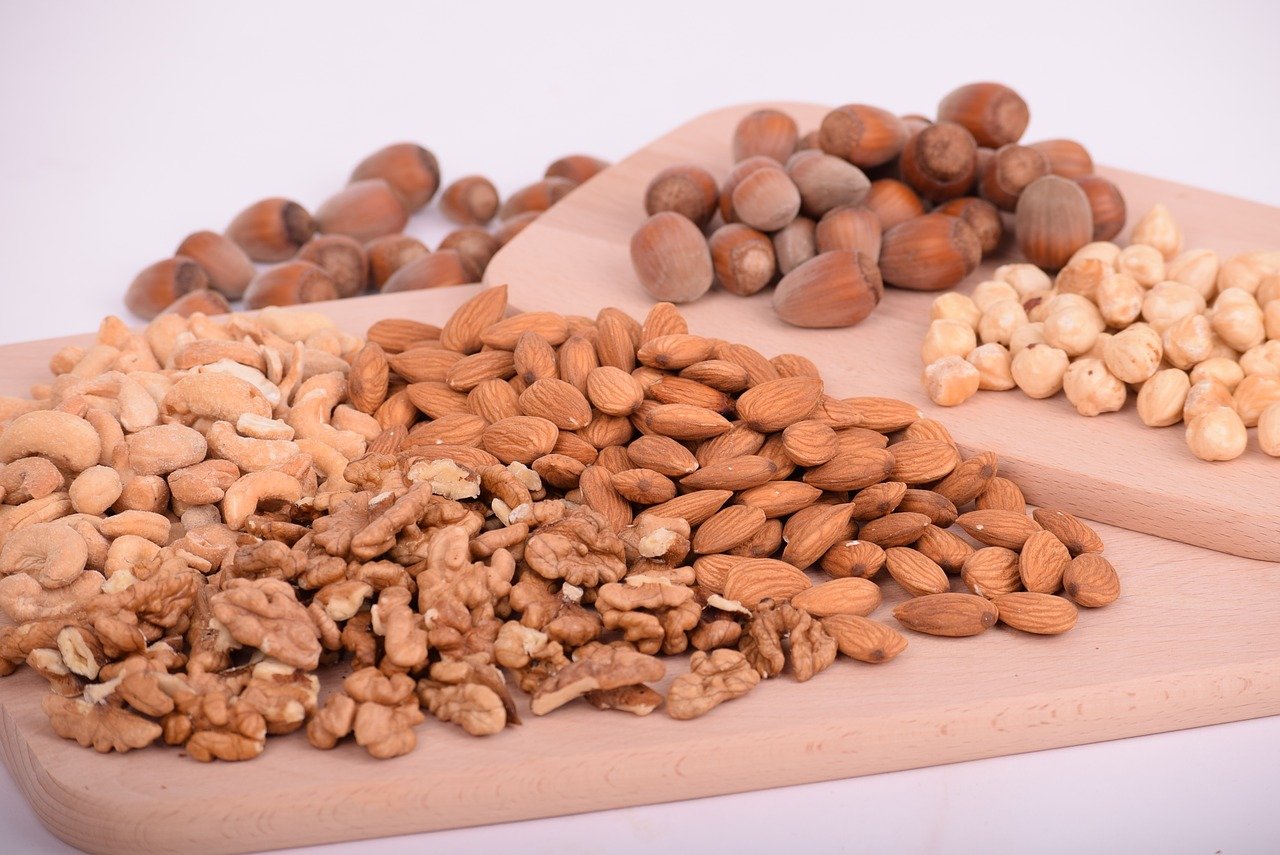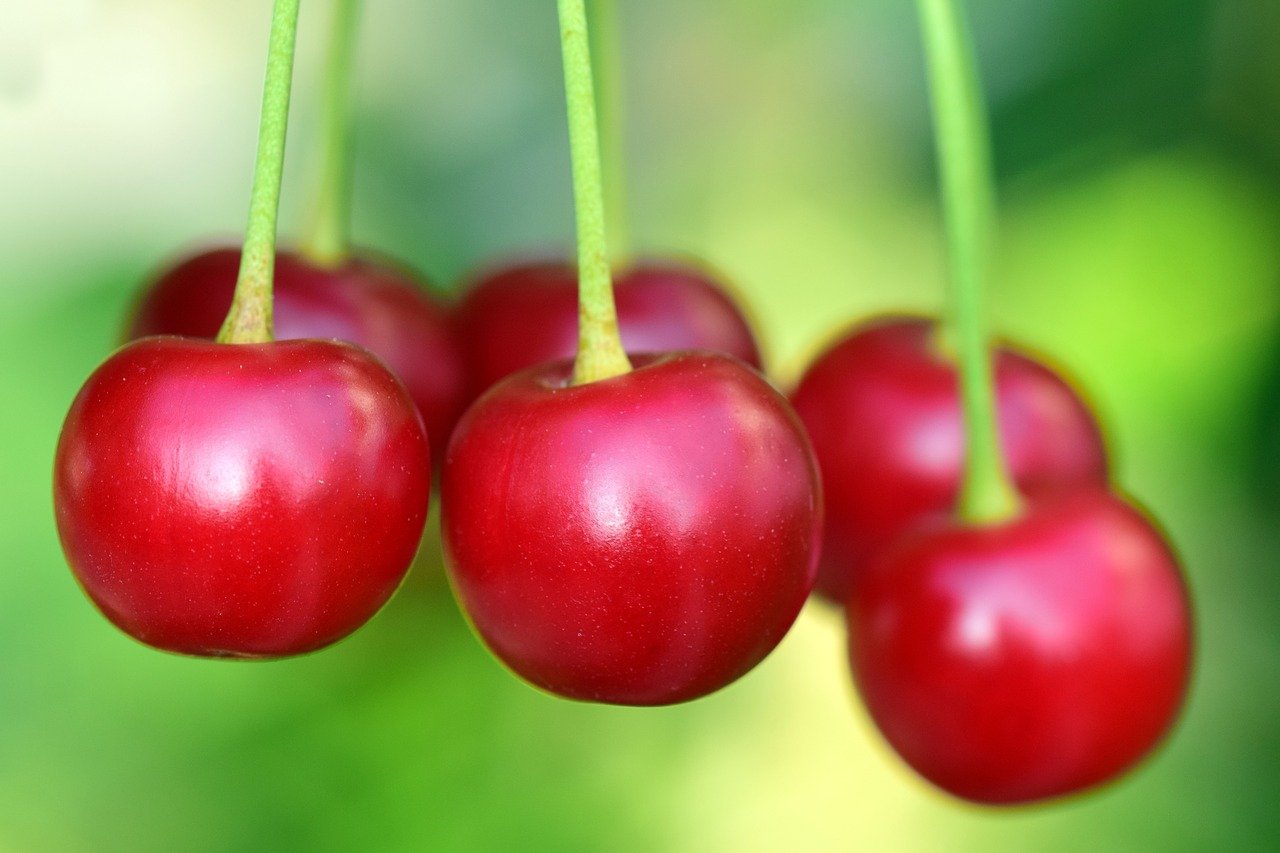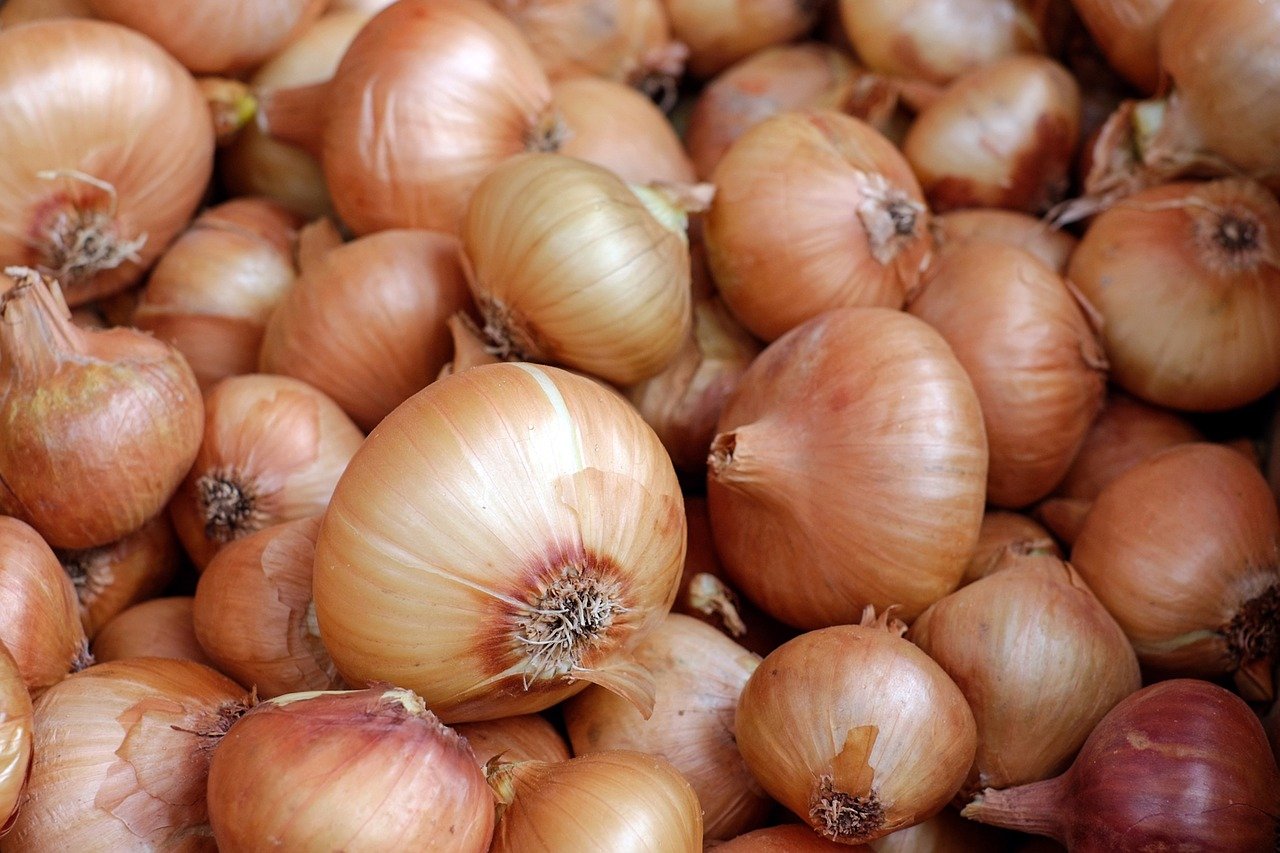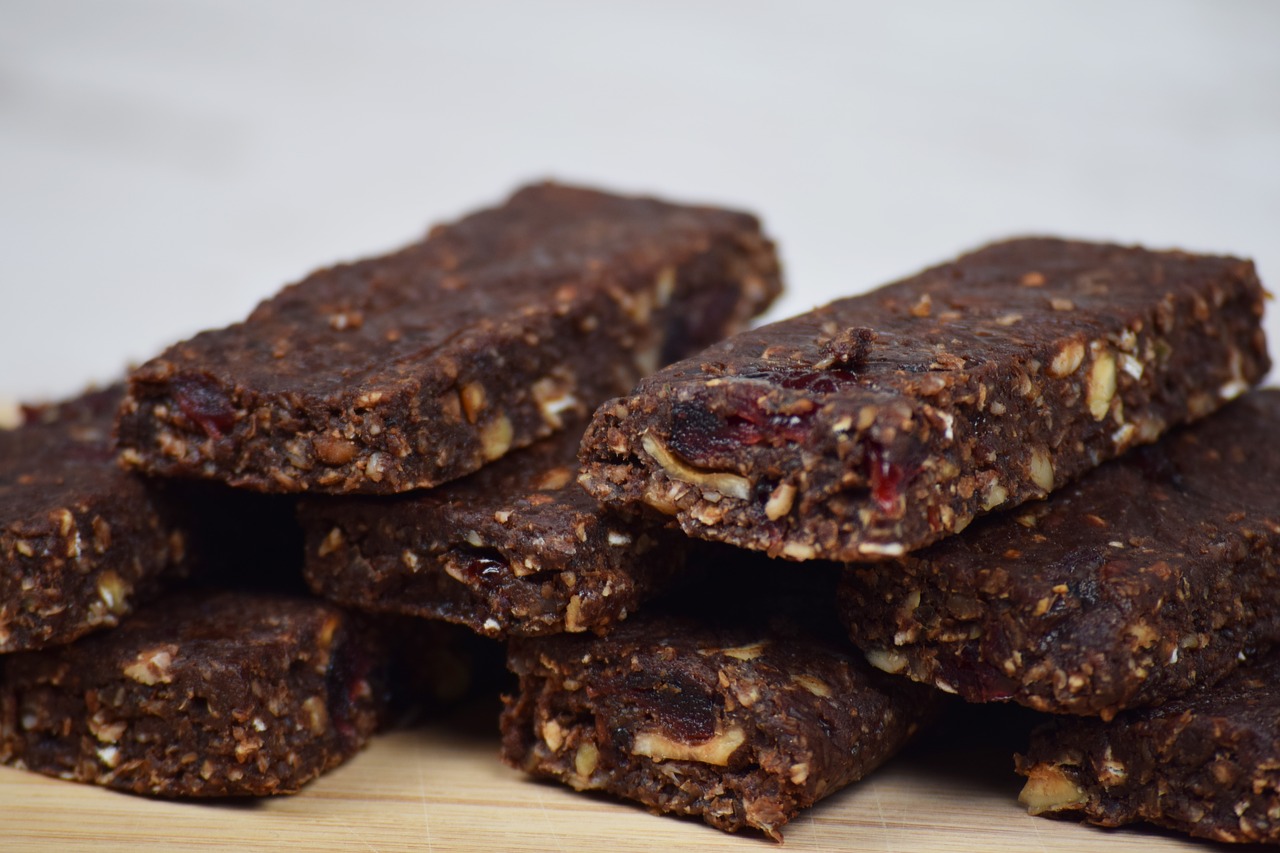Specific Foods
Specific Foods and Alzheimer's
Polyphenols
The most common polyphenol in the human diet are flavonoids. Tannins, phenolic acids, and stilbenes are all different classifications of flavonoid. The famous anti-aging compound resveratrol is a stilbene polyphenol commonly found in grape skins. Polyphenols have been shown to protect against cancers, cardiovascular diseases, diabetes, osteoporosis and neurodegenerative diseases. On the other hand, studies done in animals have shown that very high concentrations of polyphenols can have toxic effects. A polyphenol called catechins in green tea can cause colon cancer in rats. Quercetin, a polyphenol found in red wine, berries and apples reduced life expectancy in mice. A polyphenol called vitexin reduced thyroid hormones in rats. Isoflavones were responsible for reducing fertility in animals. As we discuss the positive effects of polyphenols, keep in mind that there is an upper limit on how much polyphenols should be consumed. These toxic effects occur at very high doses, but please keep this in mind and try not to go overboard on one particular polyphenol.1,2,3
Polyphenols and Alzheimer's Disease
Alzheimer’s is a complex disease and there will be no easy answers. An increase in a single polyphenol is not going to cure you or your loved one of Alzheimer’s. In fact, one study sought to identify the optimal combination of polyphenols to reduce Alzheimer’s risk by assessing the intake of 26 polyphenol subclasses in 1,329 elderly people over a 12 year period and then assessing the subjects for dementia. Subjects with the highest intake of nine specific polyphenol subclasses had a 50% reduced risk of dementia. The combination of polyphenol intake consisted mostly of flavonoids (dihydroflavanols, anthocyanins, isoflavonoids and flavanones), stilbenes (including resveratrol), lignans and additional isolated polyphenols (hydroxybenzaldehydes, naphtoquinones and furanocoumarins). These polyphenols were derived from a diet rich in plant products consisting of nuts, citrus and berries, leafy vegetables, soy products, cereals, red wine, tea and regular consumption of olive oil. However, both individual and total polyphenol consumption was not associated with a decrease in dementia risk, therefore the right combination of different polyphenols might be important. The investigators also found that these results were independent of Apoe4 status.4
A similar study looked at the Framingham population and at flavonoids specifically over a 19.7 year (average) period. They found that diets highest in three types of flavonoids (flavonols, anthocyanins, and flavonoid polymers) are associated with a lower risk of developing dementia and/or Alzheimer’s. Although not statistically significant, the investigators pointed out that for patients with the highest intakes of total flavonoids and flavan-3-ols they observed a ∼30% decreased risk of dementia or Alzheimer’s. Again, these results were independent of Apoe4 status.5
Specific Foods, Polyphenols and Alzheimer's
So, now that we had the polyphenol discussion we can move on to the discussion about specific foods and which specific foods can help prevent and reverse Alzheimer’s disease. We’ll start with nuts, seeds, and legumes and then move on to berries, fruits and vegetables as well as fish and meats. Prebiotics is important for the gut microbiome which will also be discussed. Various companies have developed medical foods to treat Alzheimer’s so we will cover that as well. Finally, there are some foods that are difficult to categorize and they are included in a miscellaneous section.
Alzheimer's and Specific Foods
References on this Page:
- Pandey KB, Rizvi SI. Plant polyphenols as dietary antioxidants in human health and disease. Oxid Med Cell Longev. 2009 Nov-Dec;2(5):270-8. doi: 10.4161/oxim.2.5.9498. PMID: 20716914; PMCID: PMC2835915.
- Mennen LI, Walker R, Bennetau-Pelissero C, Scalbert A. Risks and safety of polyphenol consumption. Am J Clin Nutr. 2005 Jan;81(1 Suppl):326S-329S. doi: 10.1093/ajcn/81.1.326S. PMID: 15640498.
- Lefèvre-Arbogast S, Gaudout D, Bensalem J, Letenneur L, Dartigues JF, Hejblum BP, Féart C, Delcourt C, Samieri C. Pattern of polyphenol intake and the long-term risk of dementia in older persons. Neurology. 2018 May 29;90(22):e1979-e1988. doi: 10.1212/WNL.0000000000005607. Epub 2018 Apr 27. PMID: 29703769.
- Shishtar E, Rogers GT, Blumberg JB, Au R, Jacques PF. Long-term dietary flavonoid intake and risk of Alzheimer disease and related dementias in the Framingham Offspring Cohort. Am J Clin Nutr. 2020 Aug 1;112(2):343-353. doi: 10.1093/ajcn/nqaa079. PMID: 32320019; PMCID: PMC7398772.
Back to Diet and Alzheimer's:
Determine which diet and nutrition plan is best for you based on your Apoe status and subtype.






